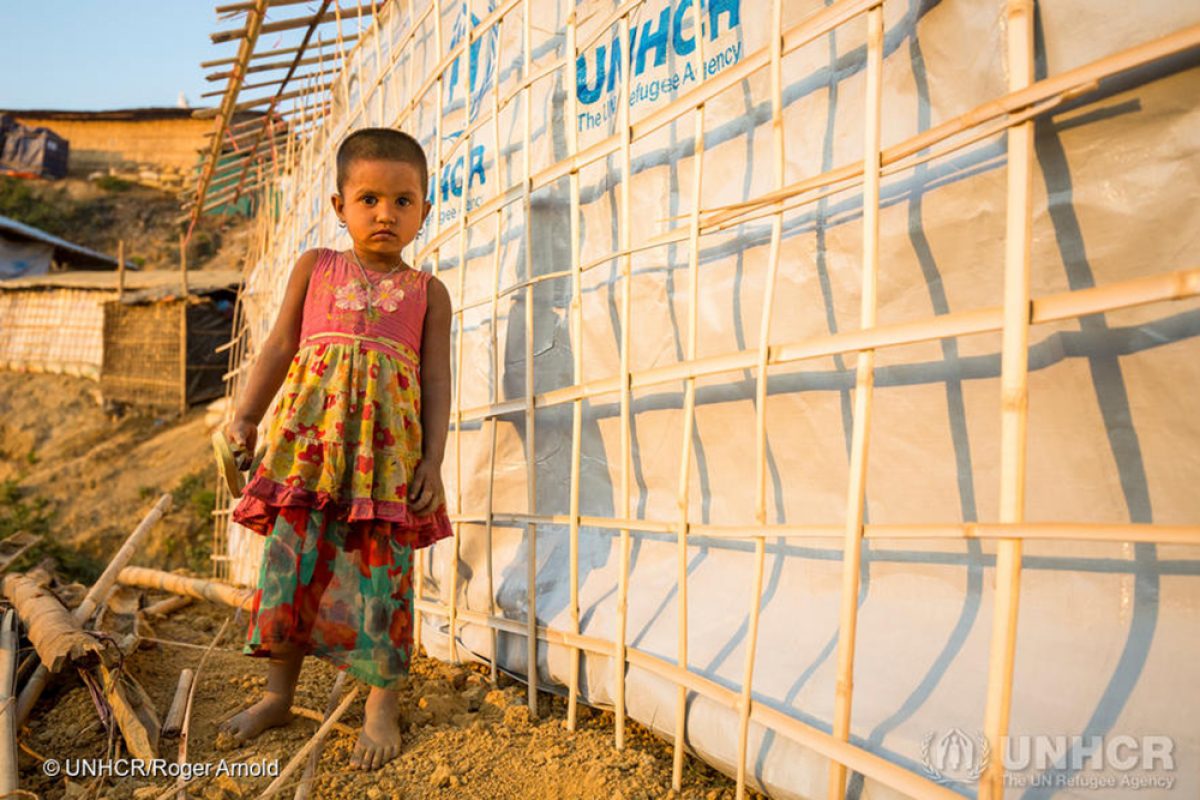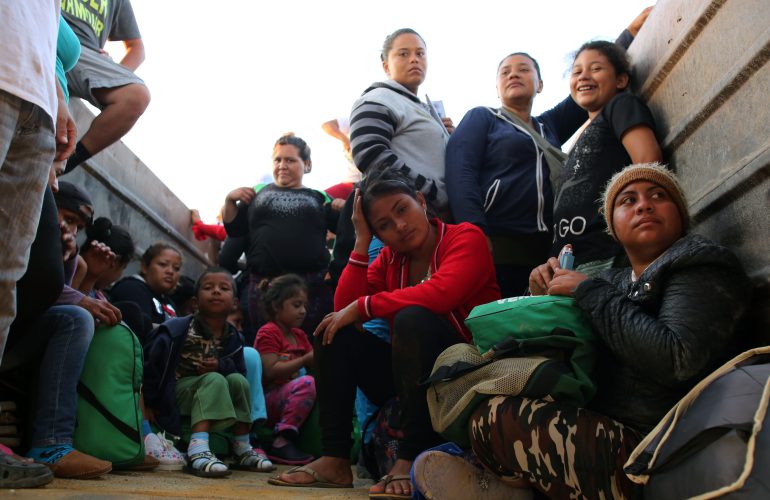Global Compact on Refugees: New Draft an Improvement, yet More Work Needed

The latest version of the Global Compact on Refugees, draft one, represents an improvement on the preceding draft zero, and a welcome step in the right direction; however, all parties involved in the negotiations should make more efforts to ensure a stronger and more ambitious agreement – according to a group of NGOs.
In a statement issued on 20 March, 16 international NGOs including the International Catholic Migration Commission (ICMC), welcomed the stronger terminology used in the new draft regarding States’ commitments and responsibilities. This improvement over the previous version takes into account the comments and feedback provided by civil society organizations during the first round of negotiations, the NGOs say.
Moreover, the NGO statement urges that negotiators further strengthen the document by including enhanced accountability measures, detailed follow-up provisions, a stronger protection framework, and a more detailed focus on the specific needs and rights of refugee children and other vulnerable groups on the move.
Refugees and host communities should participate in a more articulated and structured fashion in designing solutions as well as in the negotiations and drafting process. This is a key demand of ICMC, the Jesuit Refugee Service USA and Catholic Relief Services, as expressed in a statement issued on 21 March. The three organizations also call on States to include in the Global Compact provisions preventing family separation and child detention at all times.
The Global Refugee Compact should “focus on solutions for those most at risk: separated and unaccompanied children, women at risk, victims of human trafficking, and those unsafe in refugee host countries.” This is one of the points stressed in a statement issued on 3 April by the U.S. Catholic Working Group on Global Compacts on Refugees and Migration, of which the ICMC Washington Liaison Office is a member. These solutions include, among others, resettlement to third countries as well as “alternative legal pathways for safe and voluntary migration and resettlement.”
The group’s statement also seeks to illustrate, speaking from the particular U.S. and Catholic experience, that faith-based organizations accompany and care for refugees throughout their journey – from working to change root causes of forced migration to assisting internally displaced people in their home country and refugees in host countries, to helping provide durable solutions of local integration, resettlement, and voluntary repatriation.
ICMC and other civil society organizations commit to continuing to offer their expertise and support to the UN Refugee Agency (UNHCR), which is leading the drafting process, as well as to States and all other actors involved in the negotiations around the Global Compact on Refugees.
On 19 September 2016, at a high-level meeting in the UN General Assembly, States adopted the New York Declaration for Refugees and Migrants. The Declaration recognized the need for a comprehensive approach to human mobility and enhanced cooperation at the global level and set the basis for the two Global Compact processes.
The Compacts, one on Safe, Orderly and Regular Migration and another on Refugees, aim to improve and strengthen global governance and international cooperation on those matters. Negotiations of both Compacts are currently ongoing, and the agreements are expected to be adopted by the end of 2018.


